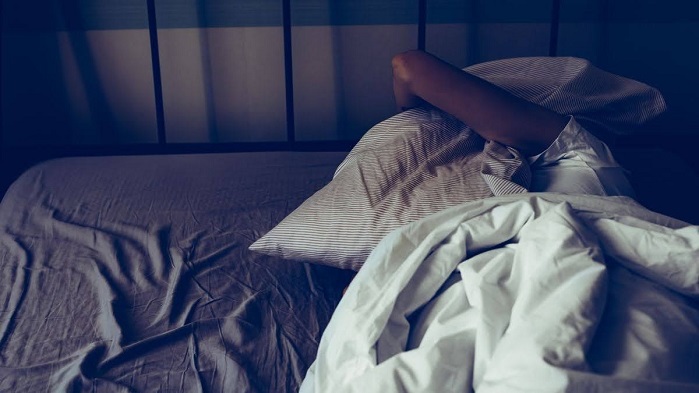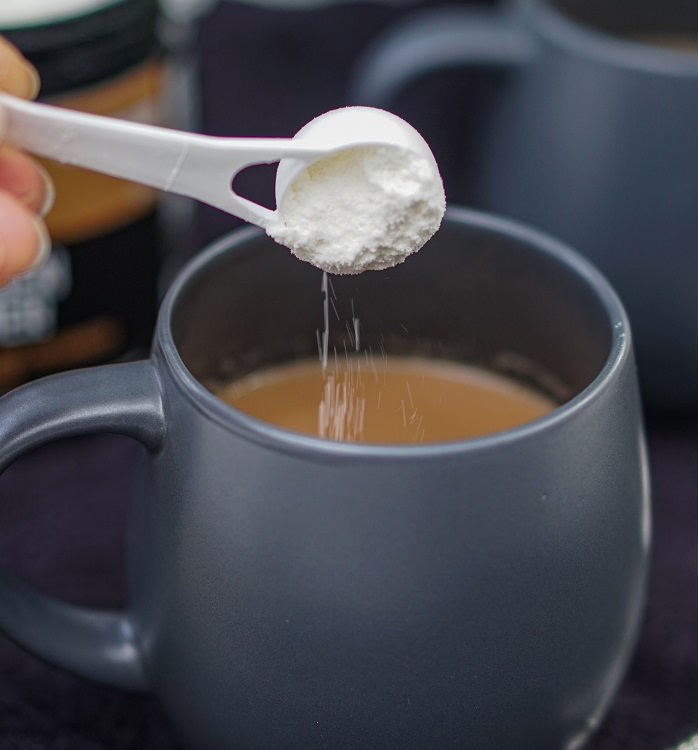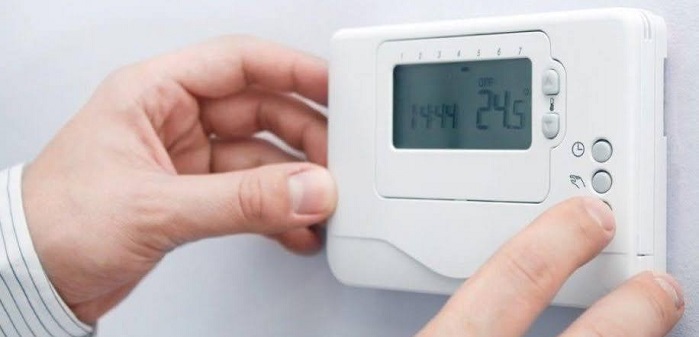
Sleep deprivation is a problem far too many of us are familiar with. There are a plethora of negative effects resulting from a lack of quality sleep. These range from mental illness, low mood, poor cognitive function and a higher body weight. Here are ten tips to improve your sleep routine.
#1 - Limit liquids before bed
Most of us know how annoying it is to wake up in the middle of the night and need the toilet. Although it is vital you consume sufficient water during the day, doing so right before bed can be disruptive. Some suggest avoiding fluids two hours before you go to sleep. If you maintain good hydration throughout the day then you will not have to worry about overnight dehydration. Consuming the majority of your water early is best practice to avoid night time urination and interruption to your sleep.
#2 - Avoid caffeine six hours before bed
Caffeine is the most commonly consumed stimulant with many beneficial effects. However studies show that consumption of caffeine later in the day can disturb sleep. The best practice is to enjoy your caffeinated beverages earlier in the day so your body has time to metabolise it. If you plan on going to bed at 8pm, then your last coffee or pre-workout should be taken before 2pm. This should give your body enough time to get the caffeine out of your system so that you can easily slide into sleep.

#3 - Wake up at the same time
Those with irregular sleep schedules tend to experience lower quality sleep. Your body has a circadian rhythm which functions on a set loop. Going to bed at different times every day disrupts your circadian rhythm and can negatively affect your sleep hygiene. Try to stick to a regular sleep routine, even on the weekends. Your body will thank you for it.
#4 - Reduce blue light exposure
Your body uses light to guess what time it is. Exposure to blue light during the day suppresses a hormone called melatonin which makes you feel sleepy. However exposure to blue light before bed can be detrimental to sleep quality. In today’s society most people are using devices right up until bedtime. In order to prevent blue light interfering with your sleep, set your phone to night mode or even better don’t use it at least an hour before bed. Make sure your room is very dark and there are no bright clocks keeping you awake at night.
#5 - Starchy carbs for dinner
What you consume before bed makes a difference to your sleep. Studies have found that consuming starchy carbohydrates like rice before bed can help you fall asleep quicker. This is because these carbs boost brain chemicals like tryptophan and serotonin, both of which play a role in sleep. Certain foods like sugar and alcohol should be avoided before bed as they can give you an unwanted energy boost or disrupt your REM sleep cycles. If you’re struggling with insomnia, try having a dinner that consists of foods like rice or kumara and see if that helps.

#6 - L-Theanine
L-Theanine can be a very useful supplement for those with anxiety related insomnia. Do you find yourself sitting up at night, fretting about the tasks you have to complete tomorrow?. L-theanine has been proven to relax the mind and therefore can effectively help worriers get to sleep. 200-400mg of L-Theanine 30-60 minutes before bed is the recommended dosage. Start at the lower end and see if you notice an improvement. Theanine is not recommended for sleepwalkers or epileptics.
#7 - Change your room temperature
Research shows that a hotter room temperature decreases the quality of your sleep. If you have trouble getting to sleep, try cooling down your bedroom or sleeping with a thinner duvet. Keeping your room temperature around 20 degrees celsius is thought to be ideal. Cold rooms are known to stimulate melatonin production. If your room is nice and chilled when you get into bed, you are signalling to your body that it is time to get some sleep.

#8 - Warm shower before bed
A warm shower or bath can cause your core body temperature to drop afterwards. This drop in temperature helps you feel sleepy and signals to your body that it is time to relax. Studies show that those who have a shower an hour or so before bedtime fall asleep faster than those who do not. Similar to having a cold room temperature, a warm shower or bath before bed will convey to your body that you are getting ready to sleep.
#9 - High intensity exercise during the day
Exercise, as we all know, is essential for health. The time of day you choose to workout can impact your sleeping habits. Lack of exercise might mean you are not tired enough to get a good sleep. However, bouts of intense exercise right before bed can have negative effects. If your body temperature is still elevated from your workout, you might struggle to get into sleep mode. Doing intense exercise also activates your sympathetic nervous system which may make it difficult to relax after the workout is done. If you are currently a night time gym goer struggling to get to sleep, try working out in the morning and see if that improves symptoms. Alternatively you could lower the intensity of your night time exercise and see how that goes.
#10 - Don’t try too hard
Overthinking your lack of sleep can do more harm than good. If you have a poor night of sleep, do not fret about it. Move on and get back to your usual routine. Tell yourself “I have slept before and I will sleep again”. Worrying about a problem means you suffer twice. One bad night of sleep will not kill you. Focus on the small changes you can make to ensure your next night of sleep is adequate.
